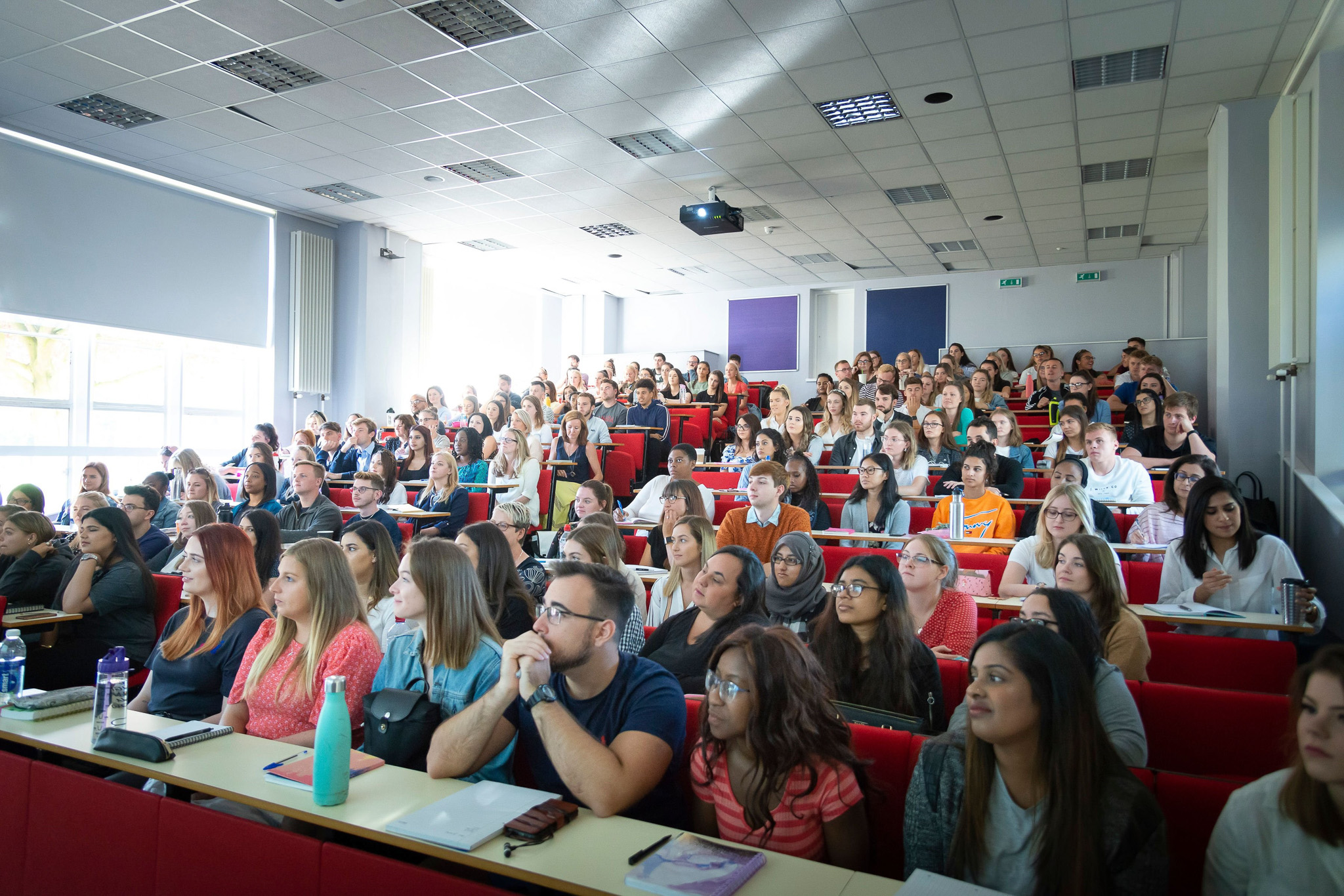Prime Minister and Secretary of State at Catholic school for UK-Ukraine scheme launch
 Pupils and staff at All Saints Catholic Primary School in Anfield (pictured), in the Archdiocese of Liverpool, were overjoyed to welcome a number of illustrious visitors to the school on Thursday (16 January).
Pupils and staff at All Saints Catholic Primary School in Anfield (pictured), in the Archdiocese of Liverpool, were overjoyed to welcome a number of illustrious visitors to the school on Thursday (16 January).
Children were amazed when the Prime Minister, Sir Keir Starmer, came in from All Saints’ partner school No 219, in Kyiv, Ukraine, where he joined them on a video call with pupils. Also in attendance was the Secretary of State for Education, Bridget Phillipson MP, along with the Permanent Secretary to the Department for Education, Susan Acland-Hood. War Horse author Sir Michael Morpurgo, and current Waterstones children’s laureate Frank Cottrell-Boyce, read beautifully to the children and answered questions about their careers and their love of reading.
They had gathered at the school to launch a new government initiative which will link schools in the UK and Ukraine to swap stories and run joint reading projects in order to strengthen the relationship between the countries and boost education standards.
The UK-Ukraine Schools Partnership programme, delivered by the British Council in partnership with the National Literacy Trust, will see 50 schools in the UK matched with 50 schools in Ukraine on a year-long project.
Schools will be chosen from across the four nations of the UK between now and the scheme’s launch in late spring. Each school group will share their favourite stories from their own culture and explore the benefits of reading.
All Saints’ executive headteacher Jeremy Barnes explained that the partnership is one of many curated by the school over the past fifteen years. He said: "Our children have developed links with children in Belgium, Spain, China and in Sierra Leone as well as Ukraine, working alongside fantastic partners such as the British Council.
"After Pope Francis wrote Laudato Si' in 2014, we made a commitment to put this at the heart of our curriculum, extending the hand of friendship across borders, learning about each other whilst always caring for this common home we share. The joy of reading is one expression of that common bond."
Staff and pupils are preparing for further work this year alongside School No 2019 in Kyiv, whilst also preparing for a Y5 and Y6 visit to Seville in May where they are working with a Colegio San Francisco de Paula on environmental challenges they can address together.
Find out more about Catholic education in the Archdiocese of Liverpool
Photograph by Getty Images, from the 10 Downing Street Flickr account
Child poverty in England and Wales: survey report
Catholic schools are often on the front lines of the fight against child poverty, providing crucial support to families facing hardship.
This report, published by the CES and Catholic Bishops' Conference, draws on insights from more than 2,000 Catholic schools in England and Wales provided during November and December, 2024. It presents a comprehensive analysis of the challenges posed by child poverty and measures implemented to address them.
It reveals how 94% of Catholic schools provide support for the cost of school uniforms, and 77% operate breakfast clubs, to make sure no child starts the school day hungry, having had no breakfast.
Further findings include:
- Barriers to learning: over 90% of Catholic schools reported encountering families struggling with the cost of living, and 70% noted worsening conditions over the past year.
- Mental health challenges: 88% of Catholic schools observed a strong connection between poverty and poor mental health, with financial instability exacerbating stress, anxiety, and depression among pupils and their families.
- School-based support: Catholic schools are implementing a wide range of initiatives, including breakfast clubs, uniform support, food bank referrals, and the provision of essential supplies.
The survey report is available to download below.
Formatio: grow your own trainee teachers with paid internships
 Why isn’t teaching represented at careers fairs?
Why isn’t teaching represented at careers fairs?
It was this observation that led to the launch earlier this year of the Plant The Seed paid internship scheme aimed at Catholic school alumni across the Archdiocese of Westminster.
In June university students at the end of their second year will undertake a three-week internship in schools within the Archdiocese. They will receive £300 per week to cover expenses, along with a programme of lesson observation, paired teaching opportunities, mentoring, meeting with early career teachers, and training in safeguarding and lesson planning.
The students then have the option of registering with an Initial Teacher Training provider such as All Saints Catholic Academy Trust; Diocese of Westminster Academy Trust; or Saint John Southworth Catholic Academy Trust, supported by Twickenham-based St Mary’s (pictured), one of four Catholic universities in England.
A bursary is also available for those choosing to train as a Religious Education (RE) teacher in secondary schools, in a bid to tackle a national shortage in the subject.
The Plant The Seed initiative is being led by Catherine McMahon, Deputy Director of diocesan education service. She said: “I noticed that you have all these professions represented at careers fairs — but not teaching.
“The leaders of tomorrow’s schools are in our schools today, so we’re now putting students on the path to Catholic universities and multi-academy trusts offering teacher training.”
The internship is funded by the Cardinal’s Lenten Appeal, and is the first stage in a multi-year programme of continuing professional development and leadership development for teachers, including flexible working options to retain existing staff and support those returning to the profession.
Five students have signed up to the scheme so far, with more expected to join as the academic year progresses. Last summer seven students took part, who are now considering careers in teaching as they approach the end of their third year at university.
The Formatio partnership supports the CES and diocesan schools commissions to work with the four Catholic universities and Catholic multi-academy trusts in implementing strategies for school leadership and governance, as commissioned by the Bishops in 2017.

